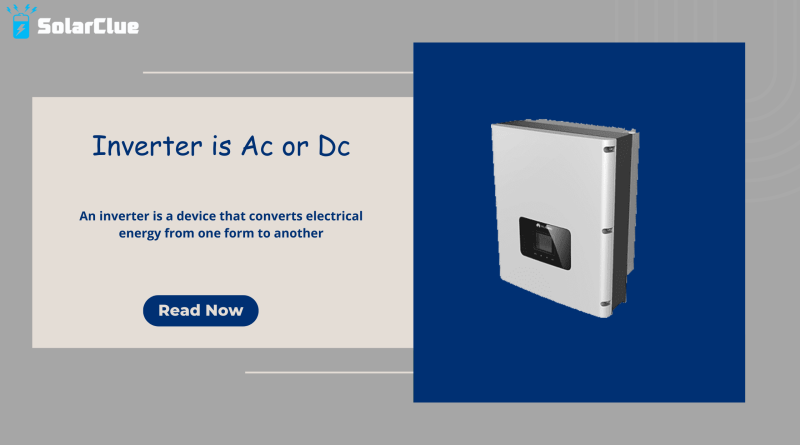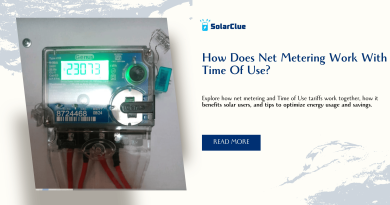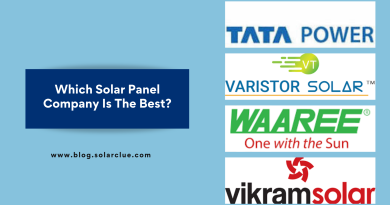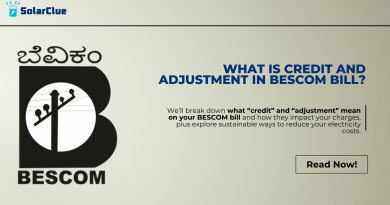Inverter is Ac or Dc
If you’ve ever looked into inverters, you might have found yourself scratching your head about whether they’re AC or DC. No worries if you’re feeling confused—it’s a common question! In this blog post, we’ll break it down in simple terms so you can understand what an inverter is, how it works, and whether it’s AC or DC.
At its core, an inverter is a device that converts electrical energy from one form to another. To simplify things, let’s break it down:
AC (Alternating Current): This is the type of electricity most commonly used in our homes. It changes direction periodically. Think of it as a back-and-forth motion.
DC (Direct Current): This is a type of electricity that flows in one direction only. It’s often used in batteries and solar panels.
An inverter takes either AC or DC electricity and transforms it into the other type, depending on what’s needed.
Table of Contents
Why Do We Need Inverters?
Inverters play a crucial role in many everyday devices and systems. Here’s why they’re so important:
1.Renewable Energy Systems: Solar panels generate DC electricity, but most homes and appliances use AC. An inverter is needed to convert the DC from the solar panels into AC that can be used in your home.
2.Battery-Powered Devices: Many portable devices use batteries, which provide DC electricity. However, some devices require AC to operate. An inverter in these devices helps them run smoothly.
3.Uninterruptible Power Supplies (UPS): In a UPS system, an inverter converts the DC stored in batteries into AC, ensuring that your computer or other critical equipment continues to run during a power outage.
Types of Inverters
Inverters come in various types, each designed for specific applications. Here’s a quick overview:
1.Pure Sine Wave Inverters: These produce a smooth, consistent waveform similar to the electricity provided by your utility company. They’re ideal for sensitive electronic devices.
2.Modified Sine Wave Inverters: These create a stepped waveform. They’re less expensive but may not be suitable for all electronics.
3.Square Wave Inverters: These produce a very basic waveform and are generally only used for simple devices.
4.Microinverters: Often used in solar panel systems, these are installed on each panel and convert DC to AC at the panel level.
5.Central Inverters: These are larger units that handle the DC-to-AC conversion for multiple solar panels or other systems.
AC vs. DC Inverters: What’s the Difference?
Now, let’s get to the heart of the matter—are inverters AC or DC? The truth is, inverters are devices that convert between these two types of electricity. To clarify, here’s a simple table:
| Type of Electricity | What it Means | Inverter Role |
|---|---|---|
| DC (Direct Current) | Electricity flowing in one direction | Converted to AC |
| AC (Alternating Current) | Electricity changing direction periodically | Converted to DC |
So, an inverter is neither strictly AC nor DC; rather, it’s a tool that makes the conversion between the two.




